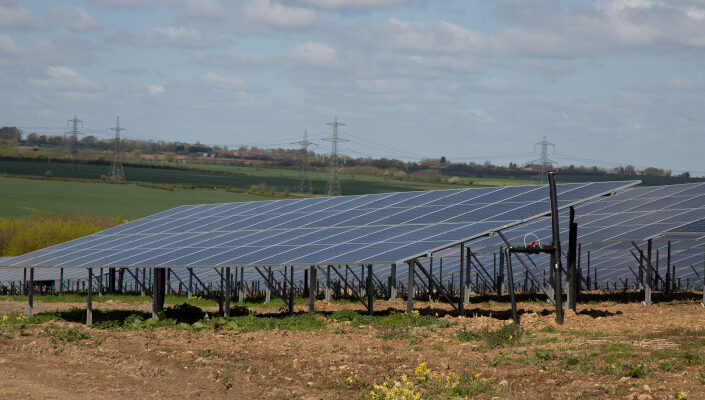In the quest for sustainable energy solutions, innovative approaches often arise from unexpected places. One such unconventional solution lies in the repurposing of landfills as sites for solar energy installations. Traditionally viewed as blights on the landscape, landfills present unique opportunities for harnessing solar power while addressing environmental challenges.
Landfills, once filled to capacity with waste materials, undergo a transformation from active disposal sites to dormant spaces. However, their potential for redevelopment extends far beyond waste management. By covering landfill surfaces with solar panels, these otherwise unused spaces can be revitalized, serving as sources of clean, renewable energy. This repurposing of landfills not only mitigates the environmental impact of waste disposal but also contributes to the transition towards a low-carbon energy future.
One of the primary advantages of utilizing landfills for solar energy production is their abundance of available land. Unlike other renewable energy projects that require vast expanses of undeveloped land, landfills offer pre-existing infrastructure and ample space for solar panel installations. By repurposing these sites, developers can minimize land use conflicts and preserve valuable natural habitats, contributing to biodiversity conservation and ecosystem restoration efforts.
Furthermore, repurposing landfills for solar energy can help remediate environmental hazards associated with landfill sites. Landfills emit greenhouse gases such as methane, a potent contributor to climate change, as organic waste decomposes anaerobically. By covering landfill surfaces with solar panels, not only can the release of methane be mitigated, but solar energy generation also displaces the need for fossil fuel-based electricity generation, further reducing carbon emissions and air pollution.
Additionally, repurposing landfills for solar energy presents economic benefits for communities and municipalities. Solar energy installations on landfills can generate revenue through power purchase agreements (PPAs) or feed-in tariffs, providing a reliable source of income for local governments or private developers. Moreover, by tapping into solar energy resources, communities can reduce their reliance on imported fossil fuels, enhance energy security, and stimulate job creation in the renewable energy sector.
Repurposing landfills for solar energy represents a creative and sustainable solution to two pressing environmental issues: waste management and clean energy production. By converting dormant landfill spaces into solar energy havens, communities can simultaneously address environmental challenges, generate renewable electricity, and foster economic development. As we strive towards a more sustainable future, embracing innovative approaches such as landfill solar can play a pivotal role in shaping a greener, cleaner, and more resilient world for generations to come.

